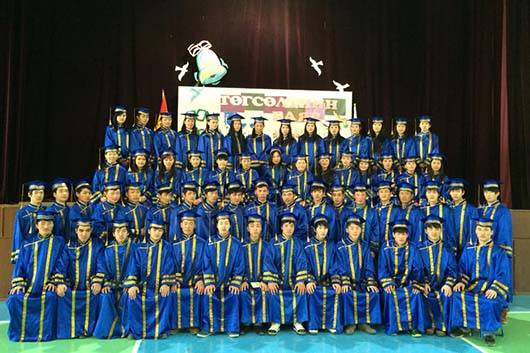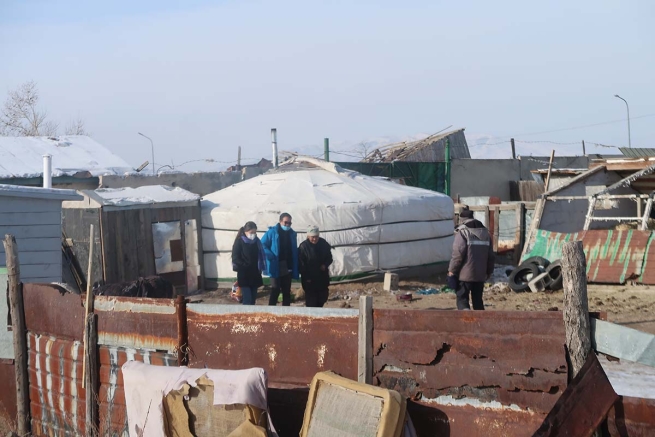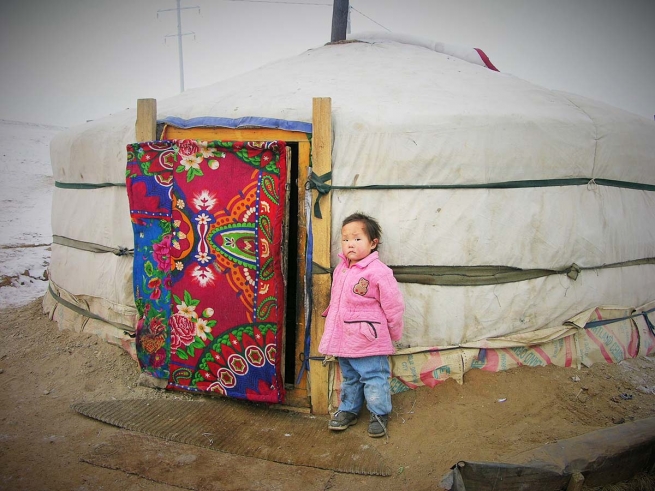MONGOLIA: Don Bosco Technical and Industrial Training Center Helps More Than 300 Youth

(MissionNewswire) Close to 27 percent of Mongolia’s population lives in poverty, according the World Bank. Prior to 1990, the country received nearly 30 percent of its gross domestic product from the former Soviet Union and had a centrally planned economy with the government providing basic goods and a full range of public services. As a result, poverty in the country was very low even in rural areas where about half of all those living in poverty reside today.
According to the World Bank, the jump in the poverty rate after 1990 was directly linked to the country’s transition to a market economy after the breakup of the Soviet Union and the collapse of Mongolia’s centrally planned economy. Today, in part due to Mongolia’s vast mineral resources and mining, the country’s economy is rebounding and the poverty rate is in decline, having decreased from 38.7 percent in 2010 to 27.4 percent in 2012.
Salesians in Mongolia have focused their work on providing opportunities for children and families struggling to improve their lives. Salesian programs aid students who are having difficulty coping in traditional high school settings and families who are arriving in the capital city of Ulaanbaatar in desperate need of employment.
Since 2001, youth who have not been able to complete a traditional high school education have found educational opportunities at the Don Bosco Technical and Industrial Training Center in Ulaanbaatar. The training facility started with 30 students and today has more than 300 gaining skills in car mechanics, tailoring, secretarial services, welding and construction.
“Nearly 90 percent of the students at Don Bosco Technical and Industrial Training Center can be defined as school dropouts and come from very poor families,” says Father Mark Hyde, executive director of Salesian Missions, the U.S. development arm of the Salesians of Don Bosco. “Students receive training that is critical to their success and to guarantee the best opportunities after graduation, courses are structured in collaboration with local industries.”
Recently, 60 students graduated from the center ready to embark on professional employment in their chosen fields. The center provides training in skills required in industries that have a need for new employees and that offer a livable wage. Creating coursework to meet the needs of local industry increases the rate of student success upon graduation. As a result, the employment rate for graduates of the center is among the highest in the country.
“Salesian programs enable students to quickly transition from the classroom into employment, putting their knowledge and skills into practice. Students that are able to quickly connect with livable wage employment are then able to give back to their families and their communities,” adds Fr. Hyde.
As more people than ever before are moving to the capital of Ulaanbaatar, unemployment and homelessness among youth is on the rise. Salesians in the city continue to create programs to assist those in need. From teaching job skills and providing shelters to street children to building full-time youth centers, Salesians are providing for those most in need and helping poor families break the cycle of poverty.
###
Sources:
Salesian Missions – Mongolia
World Bank – Mongolia




